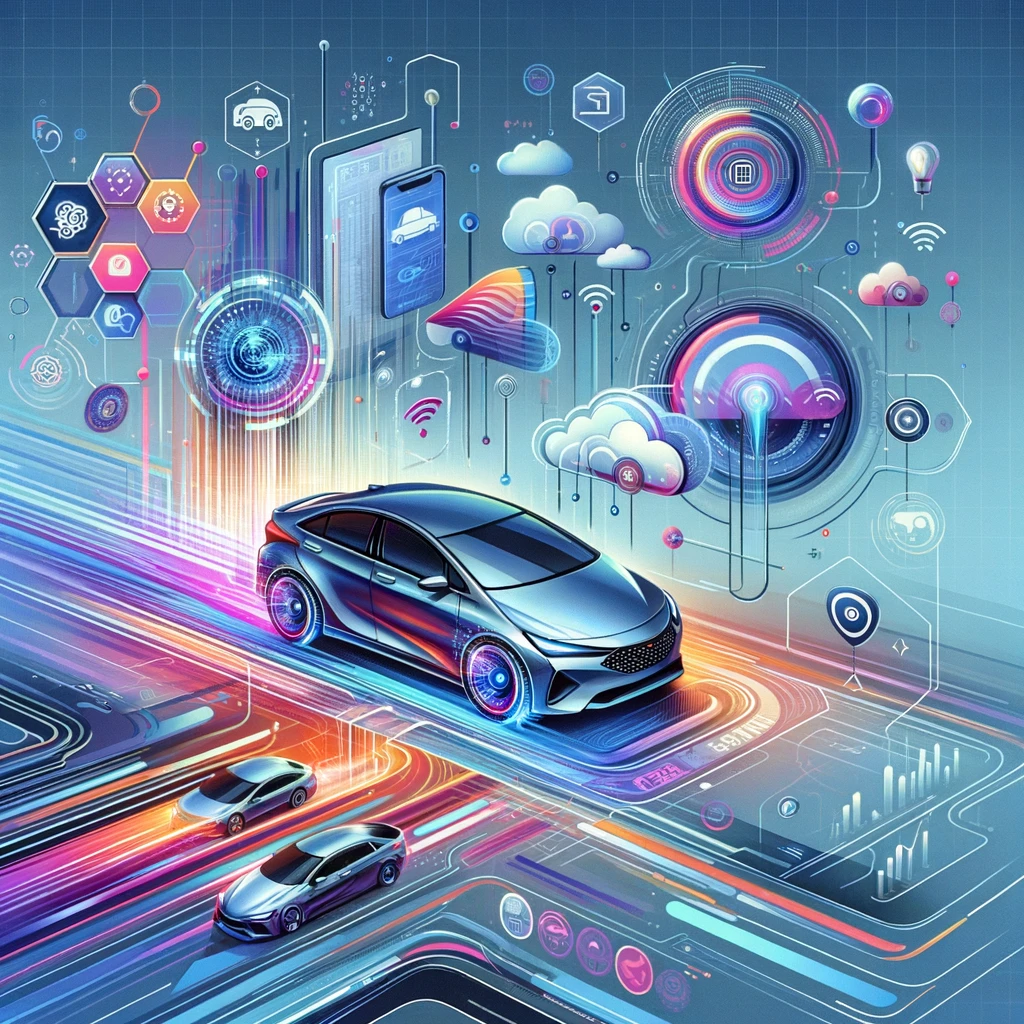The integration of the Internet of Things (IoT) into the automotive industry is paving the way for a new era of connected cars, transforming the driving experience with enhanced efficiency, safety, and convenience. As we delve into the benefits of IoT connected cars, it’s clear that this technology is not just about connecting cars to the internet; it’s about reimagining the possibilities of automotive technology and how we interact with our vehicles. This article explores the myriad benefits that IoT brings to connected cars, emphasizing the transformative impact on both individual motorists and the broader transportation landscape.
Enhanced Safety Features
One of the most significant benefits of IoT connected cars is the substantial improvement in vehicle safety. Advanced driver-assistance systems (ADAS), powered by IoT sensors and cameras, provide real-time data to assist with parking, collision avoidance, and adaptive cruise control. Moreover, IoT enables vehicles to communicate with each other and with infrastructure (V2X communication), alerting drivers to potential hazards and improving traffic management.
Improved Vehicle Maintenance
IoT technology revolutionizes vehicle maintenance by enabling predictive maintenance capabilities. Connected cars can monitor their own health, from tire pressure to engine performance, and notify drivers of potential issues before they lead to breakdowns. This not only enhances vehicle longevity but also saves drivers time and money on unexpected repairs.
Elevated Driving Experience
Connected cars offer an elevated driving experience through seamless integration with personal devices and the digital ecosystem. Drivers can enjoy personalized entertainment, real-time navigation updates, and voice-activated controls, making the driving experience more enjoyable and tailored to individual preferences.
Increased Fuel Efficiency
IoT connected cars contribute to increased fuel efficiency through optimized routing based on real-time traffic data and eco-driving analytics. By analyzing driving patterns, connected cars can suggest adjustments to reduce fuel consumption, benefiting both the environment and the driver’s wallet.
Real-time Data and Analytics
The wealth of data generated by connected cars provides valuable insights for drivers, manufacturers, and urban planners. This data can be used to analyze traffic patterns, optimize city planning, and enhance the design and functionality of future vehicles, contributing to smarter, more efficient transportation systems.
The Role of IoT in Connected Cars
The role of IoT in connected cars is multifaceted, extending beyond the vehicle itself to encompass an interconnected ecosystem that includes manufacturers, service providers, and urban infrastructure. This interconnectedness promises a future where cars are not only vehicles but also data hubs that contribute to a more connected, efficient, and safer world.
As we look to the future, the potential of IoT connected cars continues to excite and inspire. With advancements in technology and increasing adoption, the journey towards fully connected, intelligent transportation systems is well underway, promising a host of benefits for drivers and society at large.

